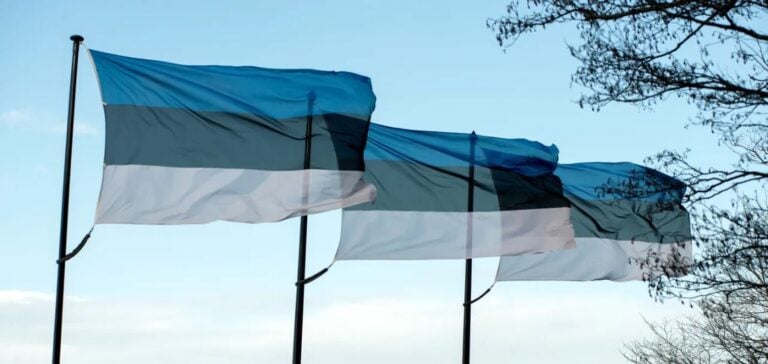The Baltic Sea is once again at the center of tensions. Estonia has decided to deploy naval patrols near the underwater energy infrastructure connecting the country to Finland. This decision follows an incident on Wednesday involving the EstLink 2 cable, a crucial element of the regional electricity network. According to initial investigations, a suspicious oil tanker, the Eagle S, flying the Cook Islands flag, is believed to be the cause of the rupture.
Finnish authorities, in coordination with their Estonian counterparts, quickly seized the Eagle S, identified as part of a “ghost fleet.” This term refers to vessels suspected of opaque operations, often linked to Russian energy exports. Escorted by a Finnish patrol near Porkkala, about 30 kilometers from Helsinki, the tanker is now under investigation to determine its exact role in the incident.
A Context of Security Tensions
Estonian Defense Minister Hanno Pevkur announced that the national navy would be deployed around EstLink 1, another submarine cable connecting the two countries. This initiative aims to prevent potential further damage and sends a clear message about Estonia’s determination to protect its critical infrastructure.
“We are ready to defend our connections with Finland, even through military means if necessary,” stated the minister. He also mentioned measures to counter attacks using non-military methods, reflecting increased vigilance against hybrid threats.
European and Atlantic Support
Finland, for its part, has received significant support from the European Union and the North Atlantic Treaty Organization (NATO). Both entities expressed solidarity in the ongoing investigation, described as a potential sabotage. While severe, such incidents are not isolated. Since Russia’s invasion of Ukraine in 2022, infrastructure in the Baltic Sea has regularly been targeted, intensifying concerns about regional energy security.
Protecting Strategic Infrastructure
The EstLink network is essential for the electrical interconnection between the Baltic countries and Scandinavia, contributing to the region’s stability and energy independence. The incident highlights the growing challenges related to the security of critical infrastructure in a tense geopolitical context.
According to experts, protecting these submarine infrastructures requires joint efforts and significant investments. Often perceived as invisible and invulnerable, submarine cables are now at the heart of strategic concerns for many countries.
While the investigation into the exact causes of the incident continues, this event underscores the importance of proactive measures to prevent and respond to emerging threats in sensitive areas such as the Baltic Sea.






















